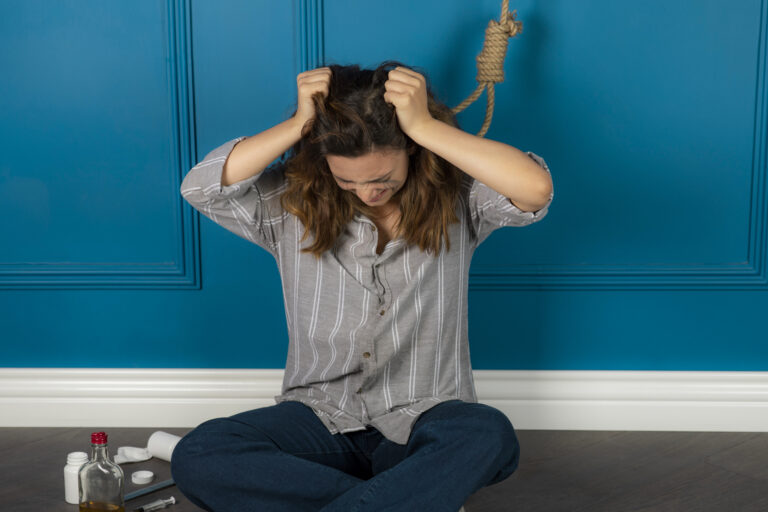The Burnout Effect: When Chronic Work Stress and Sleep Deprivation Crash Your Immune System
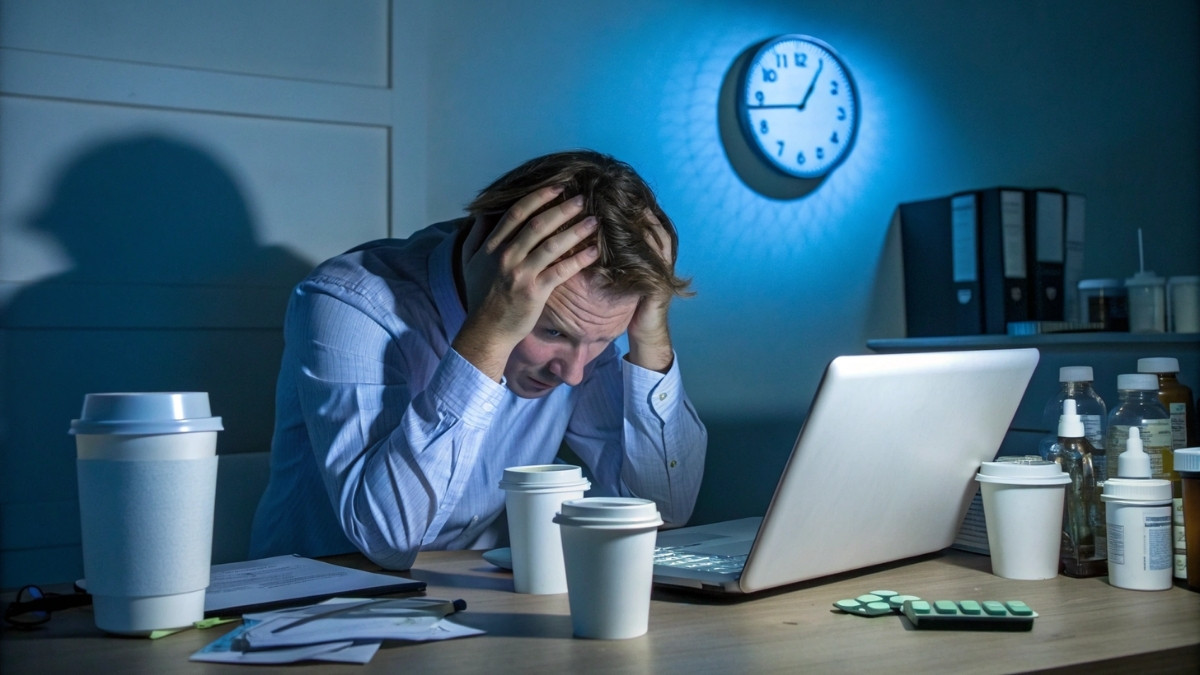
You’ve powered through another 60-hour work week, survived on 5 hours of sleep, and now you’re sick—again. If that sounds familiar, you’re not alone. Chronic work stress and your immune system are deeply connected, and the harder you push, the weaker your body’s defenses become. What feels like “just a busy season” might actually be your immune system waving a white flag.
When sleep deprivation hits immune function, things get worse fast. Your body loses its ability to repair, inflammation rises, and even simple colds can drag on for weeks. That constant exhaustion you feel? It’s more than burnout—it’s your biology breaking down under pressure.
In this article, you’ll learn the exact biological pathway linking stress to immune dysfunction, how poor sleep compounds the damage, and practical, science-backed strategies to reverse the cycle. You’ll also discover early warning signs your body gives before a major crash—so you can step in, recover, and finally feel like yourself again.

The Science Behind Stress and Immune Collapse
Your body treats work stress like a physical threat. When your boss sends that urgent email, your brain releases cortisol. This hormone is helpful for short bursts—it gives you energy and focus. But when stress never stops, cortisol becomes toxic.
Here’s what happens: Chronic stress floods your body with cortisol for hours, even after you leave work. This constant hormone bath tells your bone marrow to slow down white blood cell production. Your immune army shrinks.

Studies show chronically stressed workers get 40% more colds and infections. One consultant worked 70-hour weeks for six months. Her blood tests revealed white blood cell counts 30% below normal. She caught every bug in her office.
The inflammation trap makes things worse. Your body stays in low-grade alert mode, creating constant inflammation. This wears down your gut barrier, where 70% of immune cells live. Damage shows up in blood work within 8-12 weeks of chronic work stress.

Think of it like leaving your car engine running at high RPMs 24/7. Eventually, something breaks. Your immune system is that engine. Cortisol levels stay elevated 3-4 hours after stressful work events end, preventing overnight recovery.
Blood tests don’t lie. Stressed individuals show higher inflammatory markers (CRP levels), lower lymphocyte counts, and elevated cortisol—even on weekends. Your body can’t tell the difference between a deadline and a predator. It just knows: danger isn’t stopping.
Sleep Deprivation: The Immune System’s Kryptonite

You’re exhausted but can’t fall asleep. Your mind races at 2 AM. This isn’t just annoying—it’s destroying your immune system faster than stress alone ever could.
During deep sleep, your body makes infection-fighting T-cells and natural killer cells. Think of sleep as your immune system’s factory shift. Miss that shift, and production stops. After just 72 hours of poor sleep, your immune function drops noticeably.
Carnegie Mellon researchers found people sleeping under 7 hours are 3 times more likely to catch colds. One week of bad sleep? Your T-cell production crashes by 70%. That’s why you get sick after pulling all-nighters.

Medical residents working 24-hour shifts show the damage clearly. Their blood tests reveal depleted immune cells and higher inflammation markers. One tech worker caught five infections in four months while sleeping 5 hours nightly. She prioritized 8 hours of sleep. Infections stopped within six weeks.
Here’s the cruel part: weekend catch-up sleep doesn’t fix this. Sleep debt works differently than money debt. You can’t just “pay it back” and reset everything. Your immune cell production needs consistent sleep cycles to function properly.
Why can’t stressed people sleep? Cortisol blocks melatonin, your sleep hormone. High stress at 9 PM means cortisol still floods your system at midnight. Your body thinks it’s daytime. Sleep quality suffers even when you’re in bed for 8 hours.
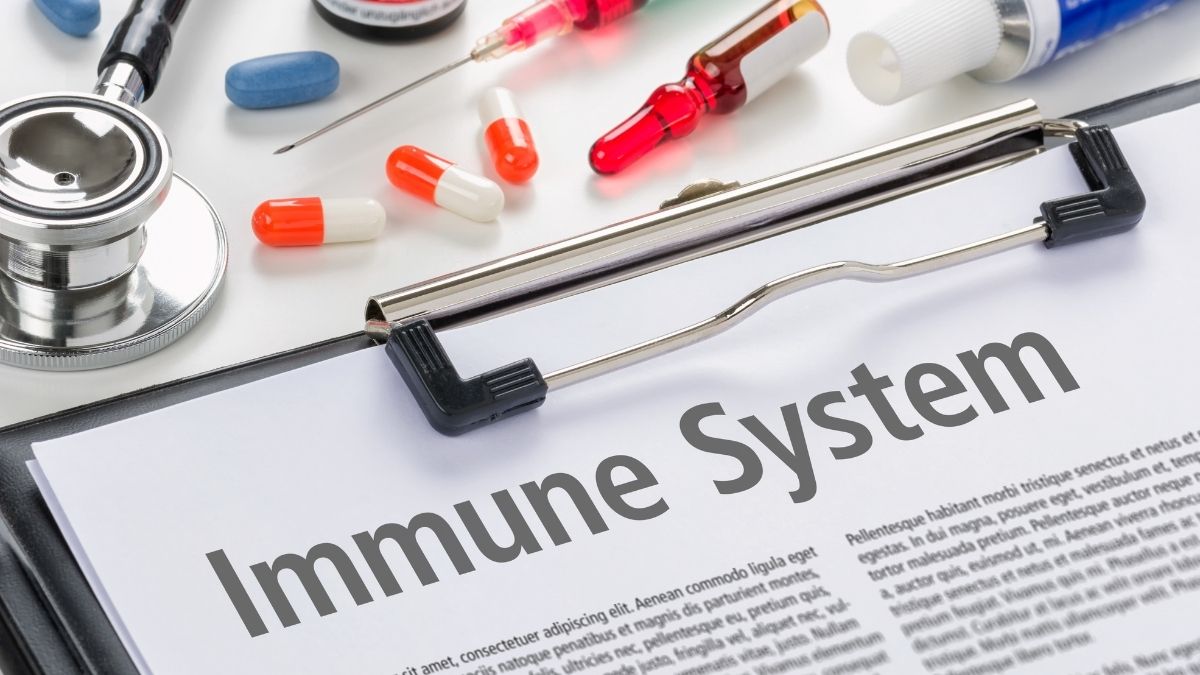
The compound effect is exponential. Stress alone damages immunity. Poor sleep alone damages immunity. But stress plus sleep deprivation multiplies the damage by 5-10 times. Vaccines work 50% less effectively in sleep-deprived people compared to well-rested individuals.
Your body repairs itself during sleep. Rob it of that time, and repairs don’t happen. Simple math: less sleep = weaker defenses = more sick days.
Warning Signs Your Body Is Breaking Down
Your body is screaming at you. You’re just not listening yet. Most people ignore the early signals until serious burnout health consequences force them to stop.
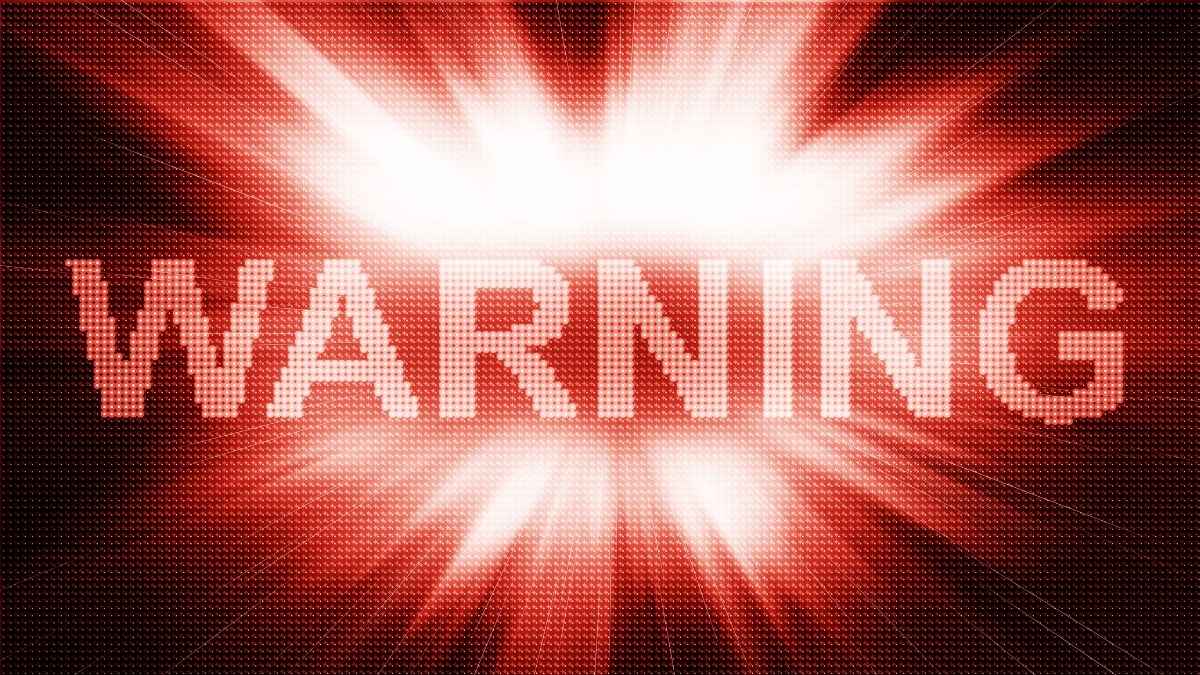
Stage 1: Early Warning Signs (Weeks 1-8)
Do you have 3 or more of these?
- Catching colds every 4-6 weeks
- Cuts and bruises heal slowly
- You’re tired even after sleeping
- Headaches that won’t quit
- Constantly craving sugar or caffeine
Most people brush these off. “I’m just busy.” One marketing director ignored frequent colds for three months. By month four, she developed pneumonia and missed two weeks of work.
Stage 2: Mid-Stage Breakdown (Months 2-6)
Now your body gets louder:
- Brain fog makes simple tasks hard
- Stomach issues appear from nowhere
- You can’t sleep even when exhausted
- Getting sick takes weeks to recover
- Anxiety spikes for no clear reason
A software engineer noticed these signs but kept pushing. “I’ll rest after this project launches.” The project launched. His symptoms got worse. This is classic chronic work stress immune system damage progressing.
Stage 3: Critical Warnings (Months 6+)
This is where immune system damage becomes serious:
- Autoimmune symptoms flare up
- Severe infections require antibiotics
- Memory problems affect your work
- Chronic pain appears
- You’re sick more than you’re well
One consultant ignored warnings for 18 months. She developed an autoimmune condition that took two years to manage. Recovery became 10 times harder because she waited.
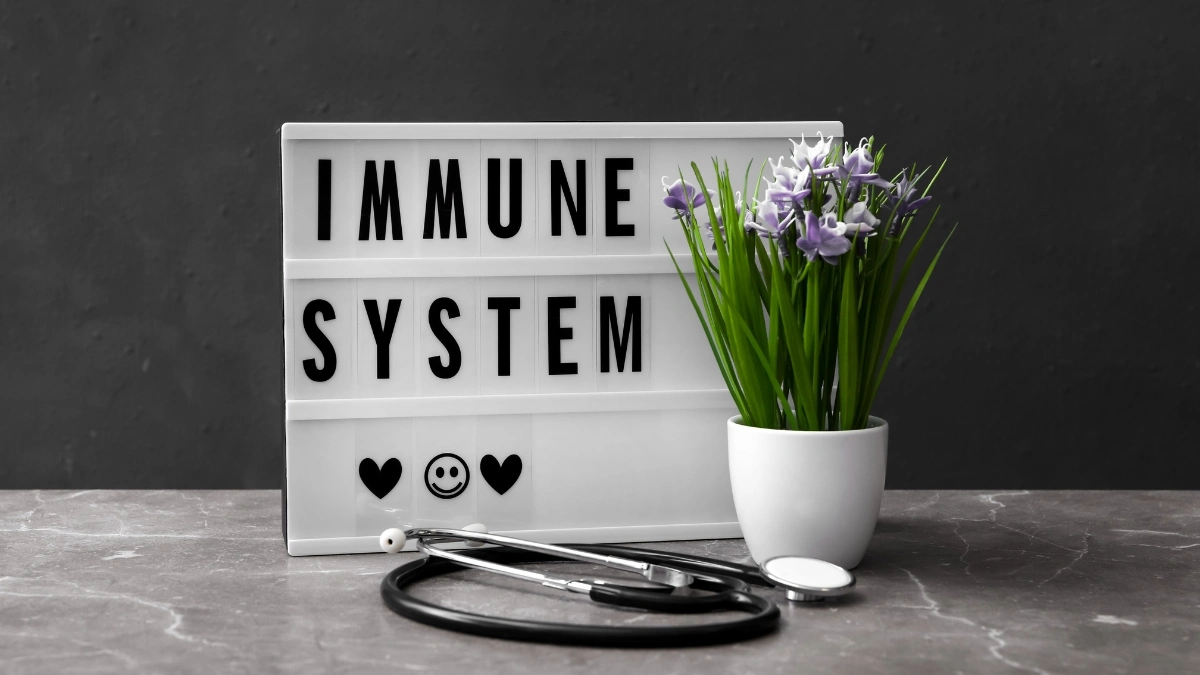
Why high-achievers ignore this: You’re trained to push through pain. Your career rewards toughness. But your immune system doesn’t care about your promotion. It breaks down on a biological timeline, not your work schedule.
The “too late” point? When symptoms move from Stage 2 to Stage 3. Recovery time jumps from 3 months to 1-2 years. Some damage becomes permanent.
If you counted 5+ symptoms total, you’re past early intervention. Your body needs help now, not after the next deadline.
The Recovery Protocol: Rebuilding Your Immune Defense

You can’t fix this with a vacation. Immune system recovery needs a structured plan, not hope. Here’s exactly what works.
Phase 1: Emergency Stabilization (Weeks 1-2)
Your only job right now is stopping the bleeding. Focus on sleep first—nothing else matters if you’re not sleeping.
Week 1 action plan:
- Lights out by 10:30 PM, no exceptions
- 7.5 hours minimum in bed (aim for 8)
- No phone after 9 PM
- Same wake time every day, even weekends
- Cancel one thing per day that isn’t critical
One financial analyst followed this exactly. After 10 days, her energy improved 30%. Blood tests showed cortisol dropping from 25 to 18 (normal is 10-20). Small wins build momentum.
Sleep Schedule Template for Work Stress Recovery

- 9:00 PM: Dim all lights, blue light blockers on
- 9:30 PM: Phones in another room, charging
- 10:00 PM: Light reading or meditation
- 10:30 PM: Lights out, cool room (65-68°F)
- 6:30 AM: Wake up, no snooze button
- 7:00 AM: Sunlight exposure for 10 minutes
This fixes sleep deprivation immune function damage within two weeks for most people.
Strategic Stress Management (The Scripts)
You need boundaries, not bubble baths. Here’s what to say:
To your boss about evening emails: “I’ve noticed my work quality drops when I’m checking email after 8 PM. I’ll respond first thing in the morning to ensure you get my best thinking.”

To decline extra projects: “I want to give this the attention it deserves. With my current workload, I couldn’t deliver the quality you need. Can we revisit this in three weeks?”
To colleagues asking for immediate responses: “I’m blocking focus time from 2-4 PM daily. I’ll get back to you by 5 PM.”
One project manager used these scripts. Her manager actually respected the boundaries. Most people never ask because they assume the answer is no.
Phase 2: System Reset (Weeks 3-8)
Now you add nutrition and supplements. Don’t start here—sleep comes first.
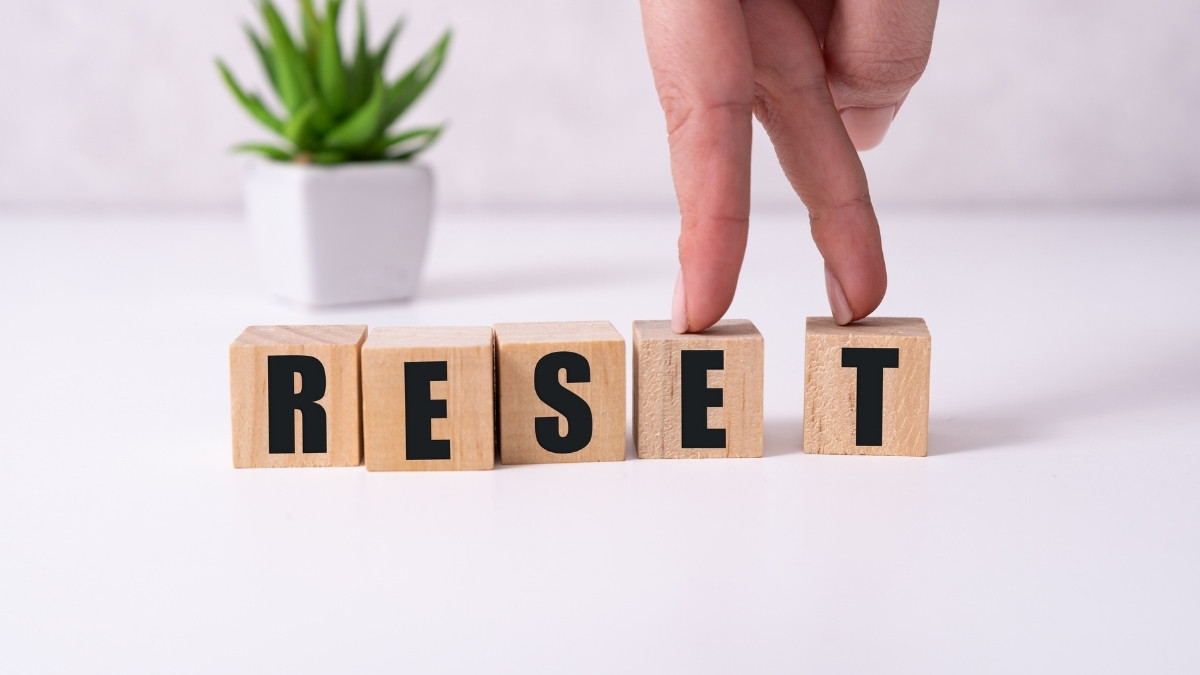
Evidence-based supplement protocol:
- Vitamin D3: 2,000-4,000 IU daily (most stressed people are deficient)
- Zinc: 15-30 mg daily (boosts T-cell function)
- Magnesium glycinate: 300-400 mg before bed (improves sleep quality)
- Omega-3: 1,000-2,000 mg daily (reduces inflammation)
Research shows these four nutrients improve immune markers within 4-6 weeks. One tech lead’s inflammatory markers (CRP) dropped from 8.5 to 3.2 after eight weeks on this protocol plus sleep.
Foods that speed immune system recovery:
- Protein at every meal (your body needs it to make immune cells)
- Colorful vegetables (antioxidants reduce inflammation)
- Fermented foods (kimchi, yogurt—repairs gut-immune connection)
- Limit sugar and alcohol (both suppress immune function for hours)
Phase 3: Long-Term Resilience (Months 3-6)
By month three, you should feel human again. Now you build systems so this never happens again.
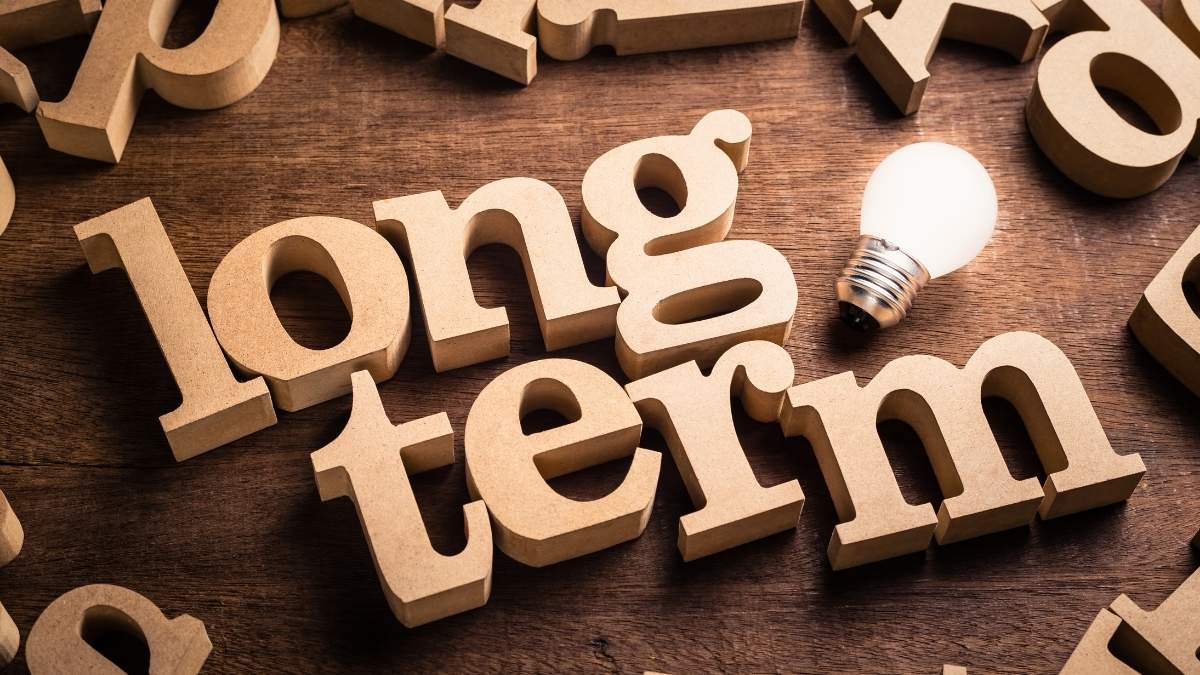
Non-negotiable practices:
- 8 hours sleep remains your top priority
- One full rest day per week, truly off
- 20-minute daily stress reset (walk, meditation, anything that isn’t work)
- Quarterly blood work to track cortisol and inflammatory markers
Before and after biomarkers matter. One executive tracked her progress:
- Month 0: Cortisol 28, CRP 9.2, white blood cells low-normal
- Month 3: Cortisol 19, CRP 5.1, improved immune counts
- Month 6: Cortisol 14, CRP 2.8, fully normal immune function
These numbers prove burnout recovery is happening, even when you can’t feel it yet.
When to See a Doctor Immediately:
Stop reading and call if you have:

- Fever that won’t break after 3 days
- Infections requiring antibiotics more than twice in 3 months
- New autoimmune symptoms (joint pain, rashes, severe fatigue)
- Chest pain or heart palpitations
- Suicidal thoughts or severe depression
These are red flags that you’re past self-care territory. Work stress recovery sometimes needs medical backup.
Tracking Your Progress:
Apps that actually help:
- Oura Ring or Whoop: Tracks sleep quality and recovery metrics
- HRV4Training: Monitors nervous system recovery
- MySymptoms: Logs symptoms to spot patterns
Track these weekly:
- Hours of quality sleep
- Number of sick days
- Energy level (1-10 scale)
- Stress level (1-10 scale)
One designer tracked for 12 weeks. Seeing her sleep score improve from 62 to 84 kept her motivated when she wanted to quit.
Recovery isn’t linear. You’ll have bad weeks. But if your 4-week average keeps improving, you’re on track. Most people see major improvements by week 8-10.
Final Thought:
Chronic work stress damages your immune system—but the good news is, it’s reversible. The longer you push through without rest, the more your body struggles to fight off illness. And when sleep deprivation hits immune function, the damage multiplies fast. That’s why small issues start taking longer to heal and your energy never feels the same.
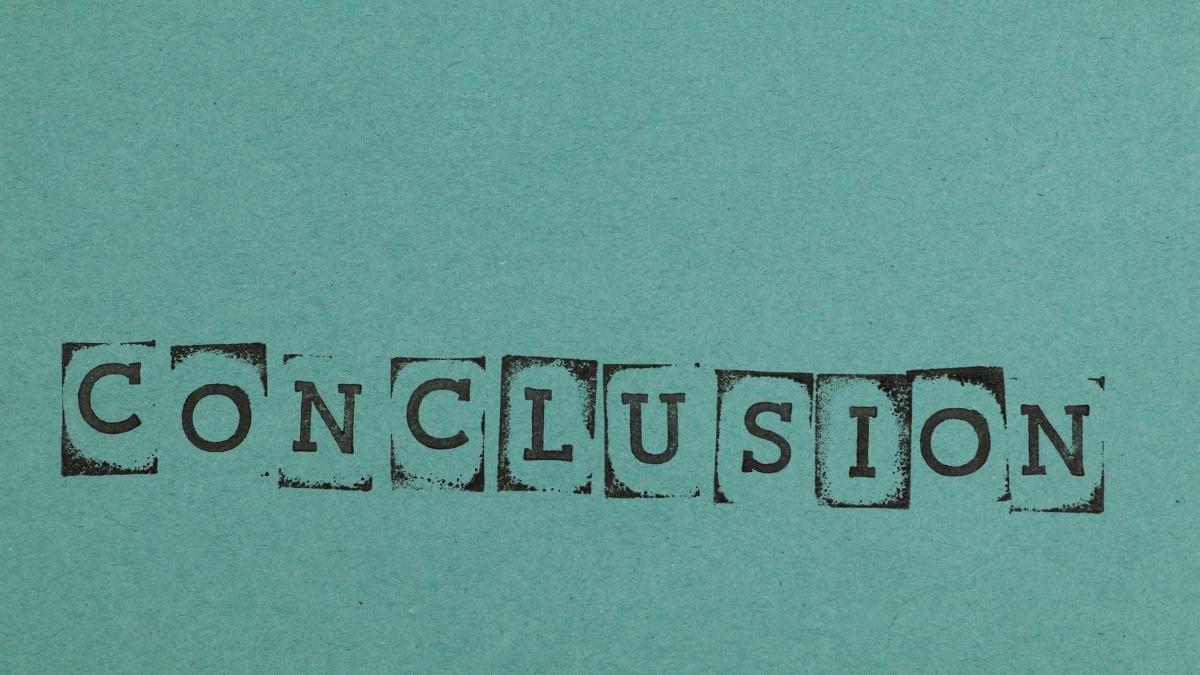
Early action prevents burnout before it turns into something serious. You don’t fix this with willpower alone—you fix it with a plan. Real recovery takes routine, rest, and the right habits that rebuild your body’s defenses over time. This is what work stress recovery truly looks like.
Your immune system is sending you messages right now. The question isn’t whether you’re facing chronic work stress immune system damage—it’s how far it’s gone and when you’ll take action. Start tonight. Protect your sleep for seven days and track how you feel.




